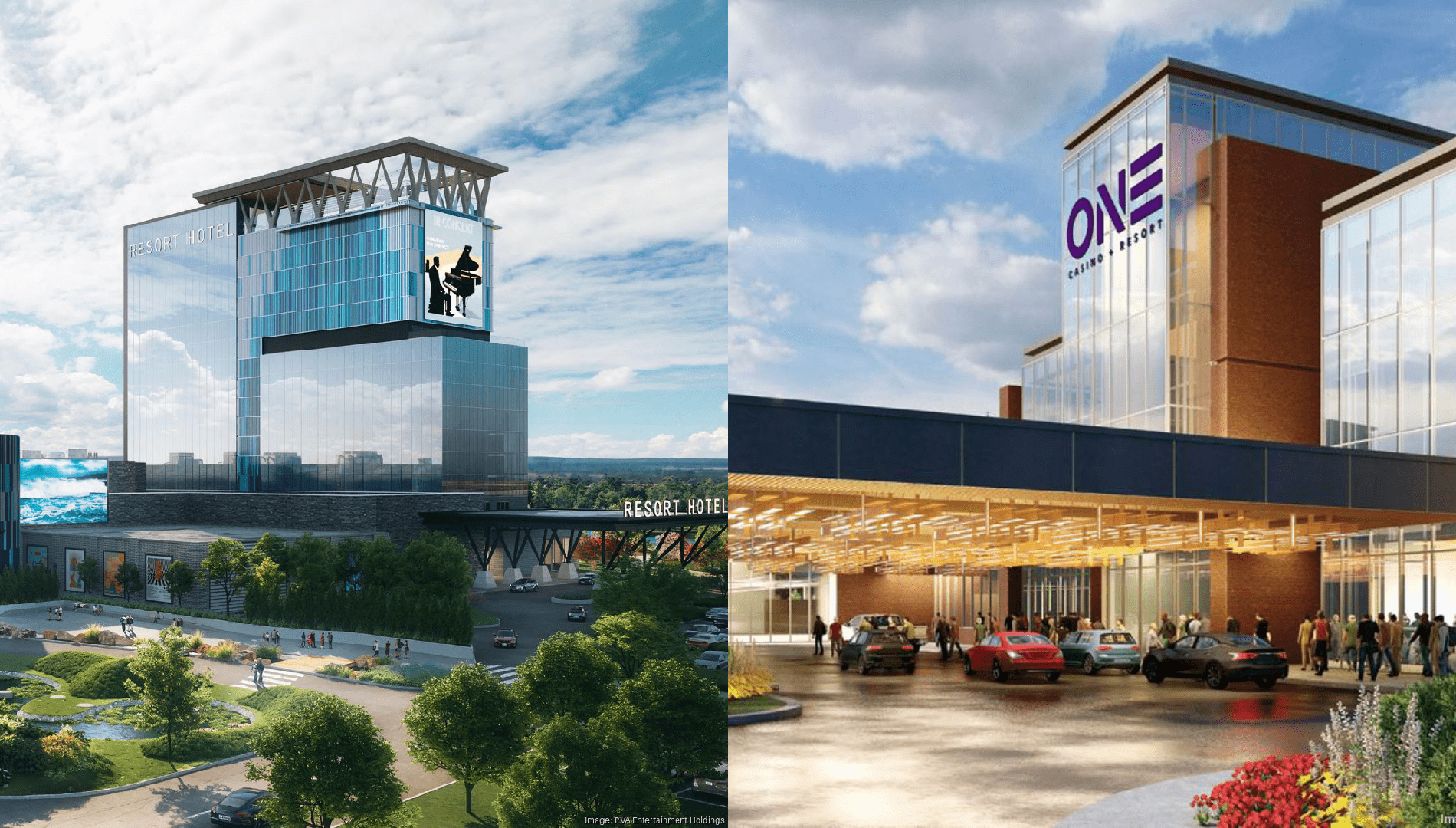Richmond Legally Barred From Conducting Third Casino Referendum
Levar Stoney, the mayor of Richmond, and the city council fervently wished to host a commercial casino. Nonetheless, the planned casino proposal by the local administration was rejected by voters in the capital city of Virginia twice. It is now against the law for the city to propose another ballot issue on a casino.
Virginia Governor Glenn Youngkin (R) signed two bills on Tuesday that essentially prevent Richmond from considering a casino project any further.
Introduced by Del. Paul Krizek (D-Alexandria), House Bill 525 prohibits qualified casino host communities from holding further referendums asking the local populace to approve the building of a gambling resort for a period of three years following the date of the unsuccessful referendum.
House Bill 1131, proposed by Del. Betsy Carr (D-Richmond), is more significant for Richmond. The law excludes Richmond from being able to host a casino.
2020 law covered Richmond, Norfolk, Portsmouth, Bristol, and Danville, enabling the municipal council to consider a casino project as a means of promoting economic growth.
State Gives Up on the Richmond Casino
A proposed $562 million casino project named ONE Casino + Resort that was aimed at the Southside next to the Philip Morris factory was rejected by slightly over fifty-one percent of voters in the capital limitations in 2021.
Officials from the city assumed that a more planned campaign outlining the financial advantages that a resort of this kind would bring about would have a different effect. They went back to the drawing board and presented a new proposal in November 2023.
But there was even more opposition to the Richmond casino last November, with 58% of Richmond voters voting against the Richmond Grand Resort & Casino project. The authorization of each of the four other cities' individual resorts was decided by the voters in those cities.
Richmond's decision to select Urban One as its preferred development partner may have contributed to the city's casino defeat. The publicly traded company is a media conglomerate that specializes in the Black community; it has no prior experience in developing or running a hotel or casino.
Prior to the vote in November of last year, the leadership of Urban One used divisive rhetoric, which did not aid the party's case.
Cathy Hughes, the founder of Urban One, stated on radio that opponents of casinos, many of whom were believed to be white Richmond residents from more affluent areas, "do not forget that they do not see you as a human being." "They see you as a n**** even though you may own a car and a house like theirs."
Richmond Reversed
Carr's bill was unanimously approved by both houses of the General Assembly and forbids Richmond from organizing another referendum until November 2026 or later. Both the 40-seat Senate and the 100-member House supported HB 1131 with their votes.
The act removes the following from the state's 2020 gaming bill that was applicable to Richmond:
"Any city with a population greater than 200,000 according to the 2018 population estimates from the Weldon Cooper Center for Public Service of the University of Virginia; (ii) in which at least 24 percent of the assessed value of all real estate in such city is exempt from local property taxation, according to the Virginia Department of Taxation Annual Report for Fiscal Year 2018; and (iii) that had a poverty rate of at least 24 percent in 2017, according to data provided by the U.S. Census Bureau.”
This week, the governor took action on over 100 pieces of legislation, including the two gaming-related acts that Youngkin signed. Only four of the 104 legislation were vetoed by him.
The vetoes covered laws pertaining to court records, environmental literacy, climate change, and the selling of specific plant species.
Youngkin has not yet signed legislation making Petersburg eligible to host casinos.
